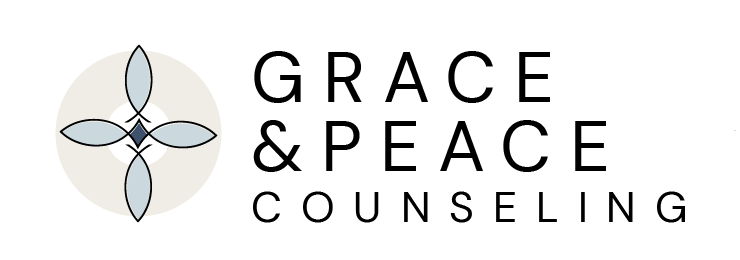You’ve decided to make the call to see a mental health therapist; congratulations, that’s a very courageous thing for you to do. But now you’re wondering, “What can I expect during the first few visits?”
Of course, every therapist is different. There is no one-size-fits-all approach to therapy. However, there are certain things that you can expect from your first few therapy sessions.
A therapist will begin the session by introducing him/herself. The therapist can answer questions about his/her credentials and approach to therapy. The therapist will explain confidentiality and reasons for breaking confidentiality. The pros and cons of therapy will be explained. Scheduling, cancelation policies, contact outside of the therapy session, and fees might be discussed.
A goal of the first therapy session is to establish the therapeutic relationship. If you don’t feel comfortable with the therapist, it’s good to talk about your discomfort. It may be something that you can work on in therapy or it may be an indication that a different therapist would be a better fit for you. A good therapist understands that not everyone works well together and will help find the best therapist for you.
During the first session, the therapist will ask you questions. Many will take a comprehensive history to look for patterns and gain understanding of the client. The therapist will ask about current issues and what you expect to gain from therapy. Prior therapy experiences are important to discuss – both what worked and what didn’t work. Many therapists will end the first session by asking if you have any questions or concerns. This is the time to be honest and open if something doesn’t feel right or if you are confused about something.
Follow up sessions will depend on the issues that brought you to therapy in the first place. Sessions may include goal setting, problem-solving, delving into how your past impacts your present, skill building, role-playing, etc. Your therapist should also discuss how you will gauge progress and how you will know when to end therapy. The therapist will help prepare you for ending therapy by providing resources and reminding you of the growth you have experienced.
